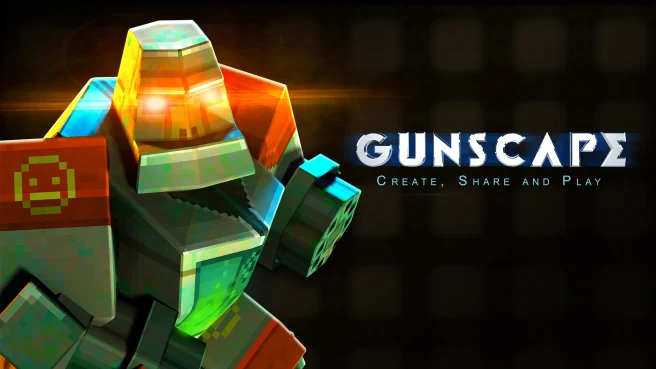
There’s something incredibly endearing and nostalgic about old first-person shooters: from roaming the pixelated halls of Castle Wolfenstein gunning down Nazis to dashing through Hell to the legendary soundtrack of Mick Gordon, these games have endured and stood the test of time. As many other FPS games have come and gone, these legends of the industry have remained staples of the genre. However, sometimes you might want to open up the hood of a classic game and try making it yourself, as shown by games such as Mario Maker.
Enter Gunscape, developed by Blowfish Studios. Gunscape is a platform for playing and creating the Retro FPS game of your dreams. The game comes with a campaign premade by the Studios themselves, functioning as a tutorial to the gameplay and an example to what can be achieved using the editor. Levels are highly customizable, featuring many different enemies, hazards, platforms and weapons from across many different themes. Demons, Zombies, Zombie Demons, Outlaws, and many more are yours to place wherever you’d like in the editor, as well as yours to completely decimate with whatever weaponry available in the level. And levels aren’t the only things that are customizable: choose from a creative catalog of characters to find the avatar you’d most like to see when you explode or fall in acid.
Visually, the game takes full advantage of its roots and inspirations, creating incredibly authentic and distinct designs for every element. The blocks that make up a level look incredible in game; the enemies are familiar yet new; and the skyboxes available for each level provide an incredible feeling in every map. Alongside the wonderful visual design is an enthralling collection of music that brings back the feeling of charging through these 8-bit mazes during your childhood. Each track can be tense, dramatic, powerful, intense, and rewarding, building into the atmosphere and ambience of the level.
That’s not to say the game is perfect, however. The gunplay is surprisingly unsatisfying, leaving you feeling like your weapons are essentially irrelevant. Your basic punches deal 20 damage and come out at a relatively rapid rate. Compare that to one of your “upgrades,” a dagger designed for stealth, which can only deal around 16 damage per swing. Unlike any other weapons, the dagger can stealth strike an unaware opponent, dealing 300 damage and (usually) killing them instantly. However, stealth is relatively finicky in the game, and its surprising that a sharpened knife deals less damage than your bare hands. Similarly, the Shotgun, an FPS’ tried and true bread and butter, is surprisingly weak. The Doomguy’s Super Shotgun this is not, as each blast fires out a wave of bullets that deal 6 damage each. Unless your opponent is nearly point-blank, rushing forwards with your fists is just as effective. Not to mention, the shotgun only holds 2 bullets, requiring you to reload every few seconds during use. In fact, this problem of constant reload is surprisingly common across most of the weapons in the game. It’s a good thing that B.J. Blazkowicz didn’t need to reload in the original Wolfenstein. That’s not to say that these problems are without solutions. The game already allows for a lot of customization, and custom weapon balancing in every map would provide many more options for players to create with. Allowing the player to adjust factors such as weapon damage, bullet spread, max ammo capacity in the weapons themselves as well as in the inventory, ammo types and even recoil would allow a user to customize weapons into entirely new roles and niches, allowing for even more creativity.
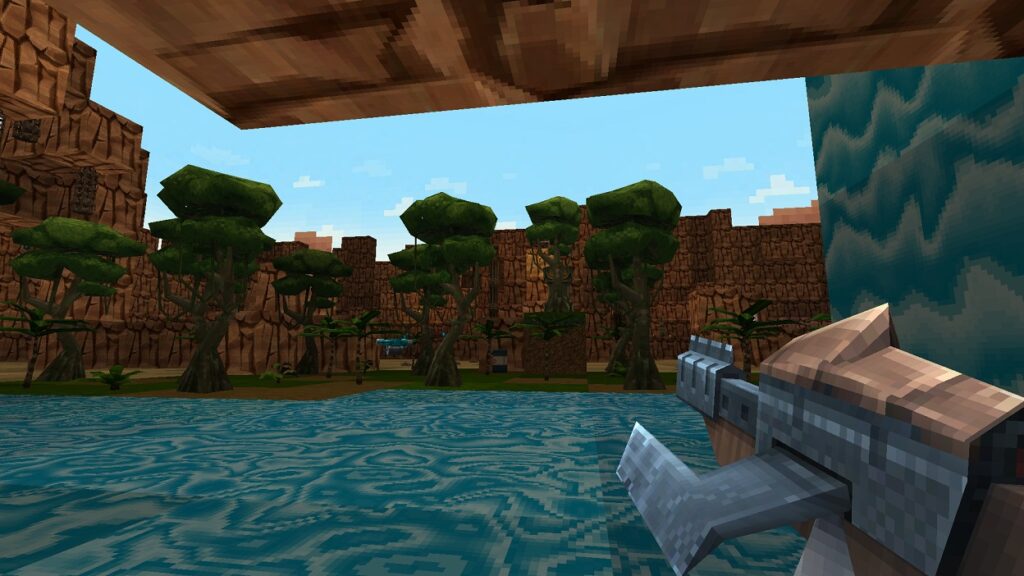
The game is launching on Nintendo Switch following a release on PC and other platforms in 2016, meaning that its paid DLC will be coming with it. For unfamiliar players, this may seem egregious, since from their perspective the game will be arriving with premade content locked behind a paywall. Although this is not the case, there is currently no way for a new player to know that going into the game. However, this is not the biggest problem that the game faces while joining the Switch’s roster: the issue of Joycon “drift” is a massive hindrance to the game, making even simple menu movement into an extremely obnoxious hassle. Movement in game is made worse by it, as you’ll find yourself veering off-path and firing off target for no real reason. This is not a fault of the game, of course, but in my opinion is a major factor in deciding where to purchase it.
Gunscape is an ambitious game that provides many different ways to create, play, and share the experiences of the classic games that are still beloved to this day. While it may have some flaws, it is still an enjoyable experience barring the issues I’ve mentioned. To Blowfish Studios, I hope that my message is not a criticism of your work, but instead encouragement to continue: you’ve got a very solid grasp of what you’re making, and it’s very close to reaching its goal as a modern classic to place alongside its inspirations. For a newcomer to the game, however, my advice is to use discretion when looking where to purchase it. There’s a reason that most of the Nintendo Switch library isn’t full of FPS-es. For a game trying to replicate the precise and difficult gameplay of the classic giants that came before it, I’d suggest avoiding a console that acts as its own built-in disadvantage.
Check out the Gunscape trailer:
For more information, visit: https://www.nintendo.com/store/products/gunscape-switch/
Related: Reviews by Aaron Grossmann
Gaming is a passion that I, like many other people, hold near and dear to my heart. As an aspiring Game Writer and general Storyteller, I enjoy looking into the vast worlds and deep stories of every game I can. Then again, sometimes bad guys just need a good pummeling, and I am more than happy to provide!

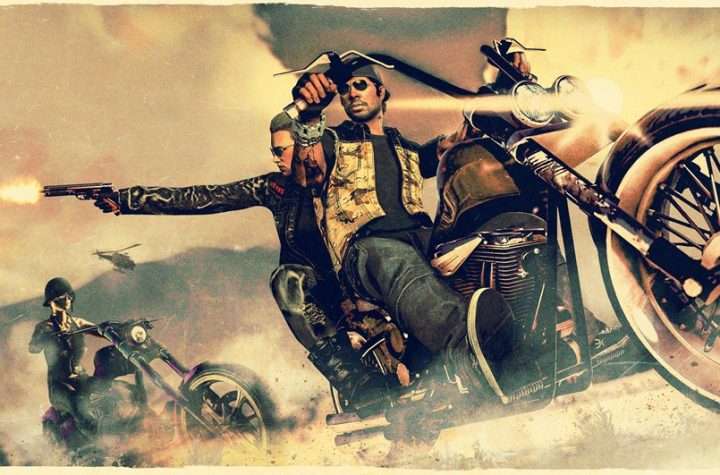
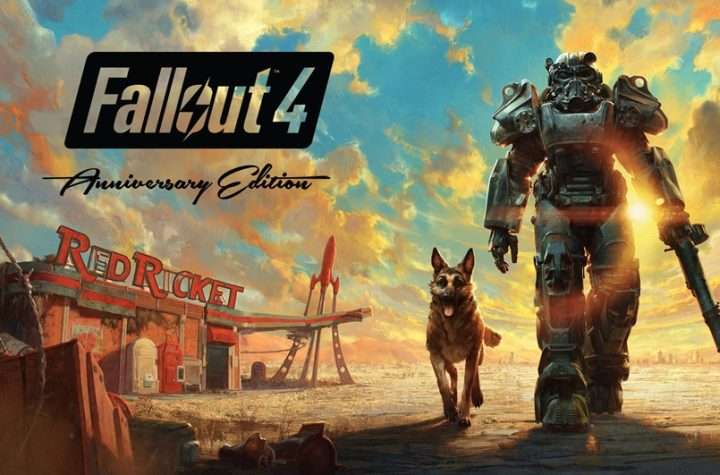
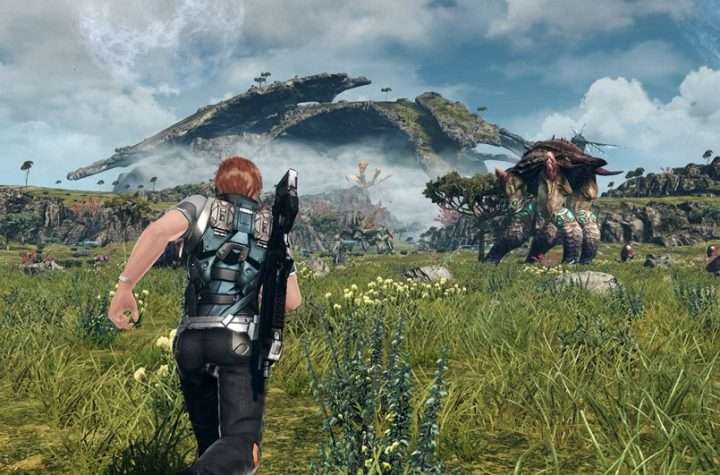
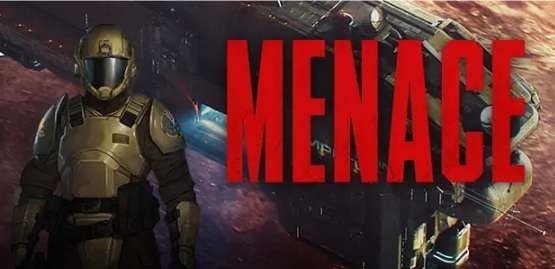
More Stories
Nintendo Download Update (Feb. 19, 2026)
Available Today, Xenoblade Chronicles X: Definitive Edition – Nintendo Switch 2 Edition Features Enhanced Visuals
MENACE Review for Steam Early Access